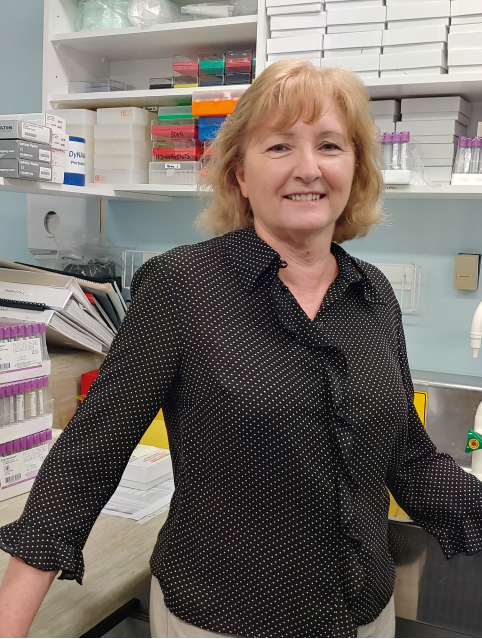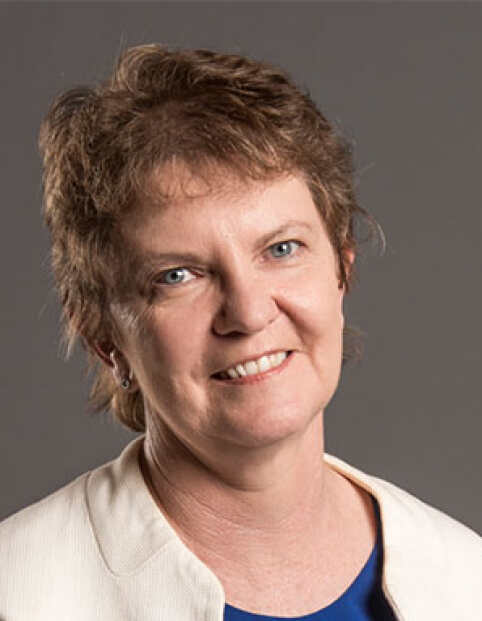Project Aims
The major aims of this project were to provide more than 200 genetic research reports to participants via their nominated ophthalmologists or clinical geneticists, and to enhance the knowledge of the genetic spectrum of inherited retinal disease (IRD) in Australia via publications.
Project Results and Impact
363 genetic research reports related to 323 participants were provided to nominated clinicians and genetic counsellors to assist with patient management, and to facilitate genetic counselling and family planning. This cohort included 185 IRD-affected participants, 6 asymptomatic individuals with familial mutations, and 132 unaffected family members (carriers and non-carriers of familial mutations).
These reports detailed the likely genetic cause of disease in participants with a diverse range of clinical diagnoses, caused by pathogenic DNA changes in 37different genes, and were issued on behalf of AIRDR participants to 29 different ophthalmologists throughout Australia. Of the 185 participants affected with an IRD, 133 participants had the likely cause of disease reported, and 52 participants were unresolved. Of the 52 unresolved participants, 10 are possibly resolved and awaiting further familial analysis to resolve these cases.
The genetic results identified in these reports have contributed to various publications enhancing knowledge of the genetic spectrum of IRDs in the Australian population, including the following genes: ABCA4(1-5), PRPF31(6-7) and PRPH2(8).
The results of this project have also contributed to the identification of potential candidates for clinical trials or future therapies arising from these trials (subject to specific exclusion/inclusion criteria imposed in the trials/treatments).
The provision of the genetic research reports undertaken in this project have contributed to patient management, including for genetic counselling (6 participants) and family planning (4 participants) purposes. These findings further informed scientific research into the genetic spectrum of IRD in Australia, facilitated investigation into personalised medicine therapies, and identified potential candidates for clinical trials or future therapies arising from these trials.

Chief investigator:
Jennifer Thompson
Sir Charles Gairdner Hospital
Co-investigator/s:
Dr John DeRoach, Sir Charles Gairdner Hospital, Perth
Dr Tina Lamey, Sir Charles Gairdner Hospital, Perth
Ms Terri McLaren, Sir Charles Gairdner Hospital, Perth
Grant awarded:
$20,000 (2021)
Research Impact Reports
Characterizing Stargardt Disease Mutations for Splice Intervention Therapeutics
Project Aim The aim of this project was to find...
Virtual Reality Assessment of Functional Vision in achromatopsia
Project Aim This project aimed to develop and validate a virtual reality (VR) mobility task...
Advancing Usher syndrome type 1B gene therapy with split intein
Project Aim Usher syndrome is the leading cause of combined hearing and vision loss worldwide....
Therapies for currently untreatable autosomal recessive IRDs
Project Aim This project aims to develop gene replacement therapies for autosomal recessive (AR) inherited...




